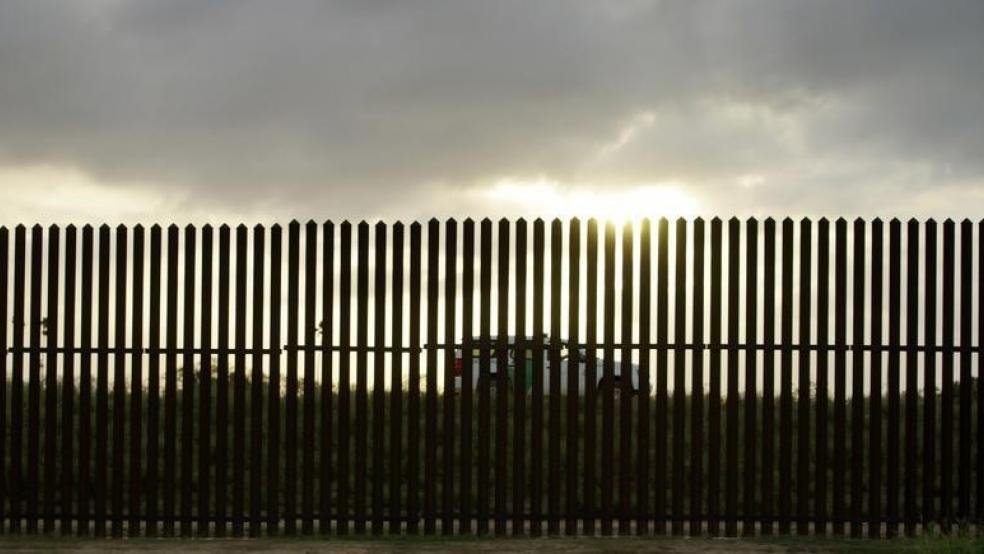After months of Donald Trump and other Republican presidential contenders demonizing immigrants, about the only thing that could further inflame the debate over the borders was a decision by the Supreme Court to insert itself into the issue. And on Tuesday, the justices delivered, agreeing to hear United States v. Texas, a case that will decide the legality of an Obama administration move to relax some immigration law enforcement
Adding to the drama is that the case will focus on a change the administration sought to implement via executive order – something President Obama has used, to the indignation of many Republicans, to sidestep a Congress that opposes almost everything he does.
Related: Trump Takes Aim at Illegal Immigration as New Attack Ads Arrive
The hearing is expected to take place in April, which is right in the middle of primary season, and a ruling will likely be delivered near the end of June, a few weeks before the Republican nominating convention.
The case comes before the court after 26 states mounted legal challenges to President Obama’s executive order directing immigration officials to delay deportation proceedings for undocumented parents of U.S. citizens and lawful permanent residents. The Deferred Action for Parents of Americans program would affect more than 4 million individuals, but it has never gone into effect.
After the states mounted their legal challenge, which was spearheaded by Texas Attorney General Ken Paxton, a Federal District Court judge in Brownsville, Texas, issued an injunction against the program’s implementation, a ruling that was upheld by a Federal Appeals Court panel.
The administration sought a Supreme Court review and made it clear that it hoped to see the justices rule soon so the program can be put in place before the end of President Obama’s second term.
Related: Obama to Illegal Immigrants: Happy Holidays – Now Leave the Country
In a statement released by his office, Paxton said, “In deciding to hear this case, the Supreme Court recognizes the importance of the separation of powers. As federal courts have already ruled three times, there are limits to the President’s authority, and those limits enacted by Congress were exceeded when the President unilaterally sought to grant ‘lawful presence’ to more than 4 million unauthorized aliens who are in this country unlawfully. The Court should affirm what President Obama said himself on more than 20 occasions: that he cannot unilaterally rewrite congressional laws and circumvent the people’s representatives.”
The states will first have to satisfy the court that they have the necessary standing to sue the federal government in this case. That requires proving that they would suffer a legal injury if the policy were implemented. That is, in itself, no small bar. Cases in which states challenged federal immigration policy have been dismissed for lack of standing in the past.
The states will argue that the change in enforcement practices is “arbitrary and capricious” and that it goes against existing law. They will also claim that implementing such a change without a period for public notice and comment is a violation of the Administrative Procedures Act.
Finally, they are likely to argue that the change violated the clause of the Constitution requiring the president to “take care” that the laws of the nation are effectively implemented and enforced. This last element of the case was introduced by the Supreme Court justices, who added a request to be briefed on the potential violation of the take care clause in the order granting a hearing.





